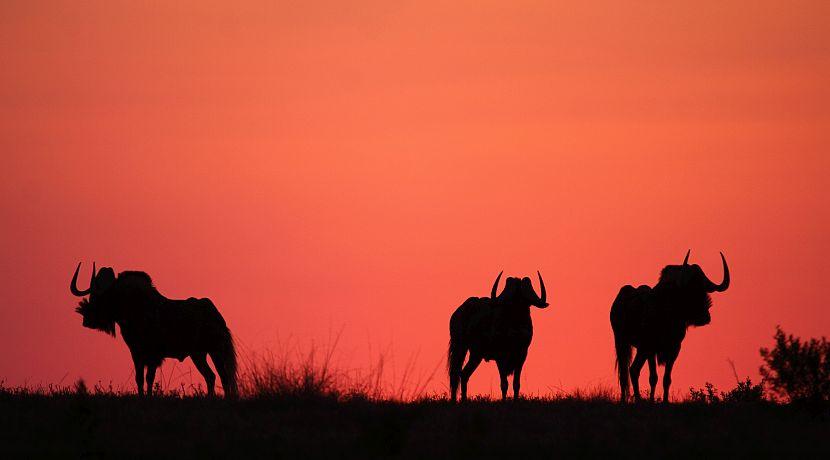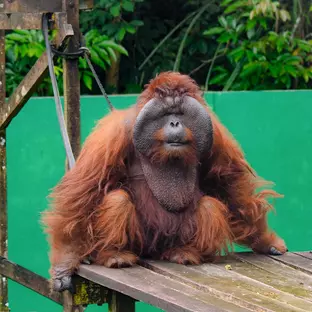This week we have been fortunate to receive some news from South Africa's Shamwari Game Reserve - the site of the Shamwari Conservation Experience. In this blog, project facilitator Cindy chronicles the volunteers getting involved with Elephant Fertility Research - an essential part of elephant conservation and a key aspect at Shamwari! Here follows her blog:
"It is common knowledge that elephant numbers across most of Africa are at an all-time high. Elephants have no major natural predators to control their numbers other than humans (But a recent rise in poaching activities for ivory in central Africa may change all that). Elephant numbers also rise due to human development, causing a decline in their natural habitat. Elephant overpopulation can and has led to the overutilization and destruction of their natural habitat, which in turn negatively affect other species dependent on it for its survival. There are various methods used to manage elephant numbers, including: Elephant relocation to other reserves (the most humane option), female contraception (more selective and reversible, but a long term solution and difficult to manage in very large elephant populations) and culling (ultimately inhumane).
Shamwari Game Reserve is proud to contribute to a research project dedicated to find solutions to better manage elephant populations. If the experimental drug, which is currently being tested to stop sperm production in elephant bulls, is successful, then cruel fates such as culling or starvation of elephants due to the lack of food from over-competition could be prevented.
Last week we concluded the last of 2013's elephant darting for an ongoing fertility research program on Shamwari Game Reserve. The Shamwari Conservation Experience volunteers had an exciting afternoon, dodging a thunderstorm, followed by the most spectacular rainbow, whilst out looking for Jabulani - one of our research bulls. As soon as we located him and he had moved into an open area safe for darting, we contacted Shamwari's vet: Dr. Johan Joubert. On his arrival Johan darted Jabulani from one of our volunteer vehicles and we waited for the big boy to go to sleep. It took a while for the drugs to take total effect, but he finally went down and it was safe for us to approach. For most, it was the first time they had come so close to a wild African elephant – a pretty exhilarating experience it has to be said! The volunteers continued to monitor Jabulani's breathing, and a lucky few assisted Johan in taking blood samples and injecting the fertility- and eventually the wake-up drug.

We all watched Jabulani wake up slowly, rock himself onto his feet and go on his way. We were left with a mutual feeling of respect for Africa's giants, a better understanding of their conservation and we were grateful to have played a small part in it all."
It's fantastic to hear about this research going on, and it goes to show just why Shamwari is one of the world's leading conservation ventures. We look forward to more news as we get it!











